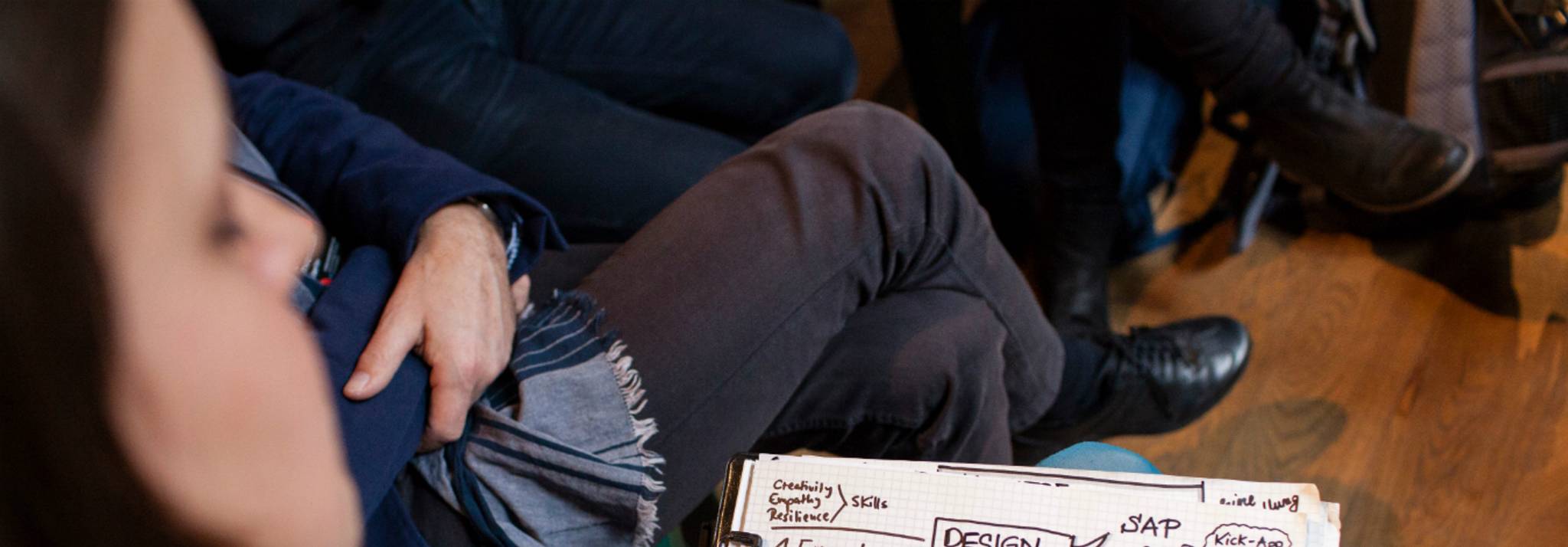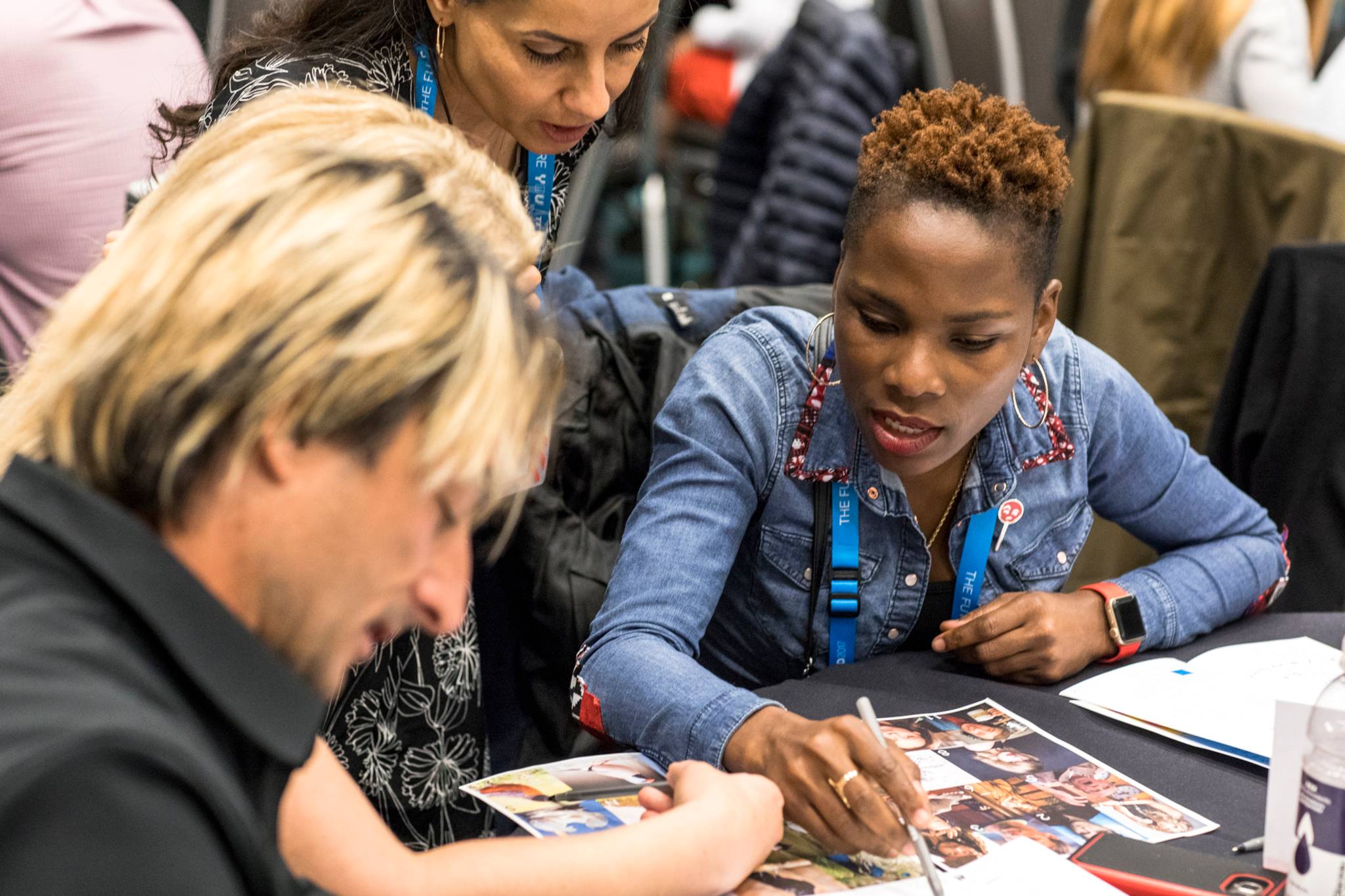
With all the distractions of the internet at our fingertips, it can be hard to concentrate on the task at hand – Britons are guilty of procrastinating for an average of 218 minutes each day. So, how is anyone expected to get things done with so much going on around them? Enter Habitica – a productivity app that turns everyday life into a role-playing game, where your character is yourself and the quest you're on is your life. We explore the insights behind how gamification is putting a stop to procrastination.
Habitica is a free, community-based smartphone app that turns to-do lists into adventures, with weekly quests and goals to complete. Users select a character and add tasks to their to-do lists, where they can select the task difficulty, how often they want to perform it, and if it repeats. If users complete their objectives, they receive rewards, like in-game currency and virtual prizes.
But if a user misses a deadline or fails to keep up a good habit, their character is punished with a docking of points, removal of earned achievements or just ‘bad karma’. And if they’re part of a group in the game world, the whole party can be punished as well. These incentives and deterrents seem to be working – it boasts a two million-strong user base, with people regularly uploading their success stories to an online blog, highlighting how Habitica is helping people help themselves.
From delaying the housework to postponing that spin class, procrastination affects everybody. In fact, around 41% of tasks on to-do lists are never completed, while 80% of new year's resolutions fail by February. According to Joseph Ferrari, associate professor at DePaul University, it’s because the motivation to stop putting things off often doesn’t exist. “We don’t reward people for doing things early, yet we punish them if they hand things in late,” he says. “If you don’t pay your mortgage on time, you get punished; if you don’t pay your taxes on time, you get punished. But what happens if you sent in payments earlier? Well, there is no incentive to do that.”
By gamifying the process of ‘getting things done’, even if it’s as simple as being rewarded with bonus points, Habitica is getting people to commit to long-term behavioural change. “The truth is this: in today’s society, computer and video games are fulfilling genuine human needs that the real world is currently unable to satisfy,” explains Jane McGonigal, game designer and author, talking about how games are a powerful medium through which reality can turn into something more meaningful. “Games are providing rewards that reality is not. They are teaching and inspiring and engaging us in ways that reality is not. They are bringing us together in ways that reality is not.” Habitica is positioning itself as a tool enabling people to establish, maintain and check off good habits in a way that offers recognition for achieving something – no matter how small.
Alex Strang is a writer who used to be in a punk band that was signed, shaped and spat out. He found his feet in the market research world before taking early retirement to drink gin and play board games. He enjoys using his experience of being the product to help brands understand how to sell theirs.



